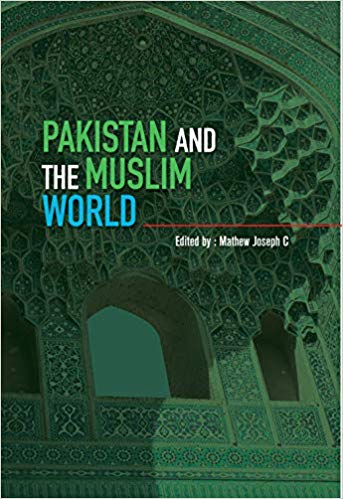This book is a much delayed compilation of papers presented at a seminar conducted by the Centre for Pakistan Studies, Academy of International Studies, Jamia Millia Islamia, New Delhi, in March, 2012. Seven years in the making, perhaps the Editor’s ennui in goading the authors to submit papers in time reflects in errors, spelling ‘grateful’ as ‘greatful’ in acknowledgements, which stare glaringly at the reader in the very first page!
The contents are organized in five sections, captioned ‘Muslim World and the Changing World Order’, ‘Pakistan’s Islamic Identity’, ‘Ideology, Islam and the Muslim World’, ‘Pakistan’s Relations with the Muslim World and the Extended Neighbourhood’, and finally, the ‘Muslim World, Proliferation and Pakistan’s Internal Fault Lines’.
AK Ramakrishnan of the Centre for West Asian Studies, Jawaharlal Nehru University (JNU) begins the discourse by looking at Islam and International Relations from the perspective of understanding ‘the Politics of Culture’. While seeking religious guidance, the Islamic intellectual tradition from medieval times tried in diverse ways to theorize state conduct and governance on the one hand, and the religious universal order on the other, as separate categories of human concern. He looks at the contrasting linkages between siyasah (politics) and din (religion) propounded by Ibn Taimiyyah with the theorizing of the societal realm in the notion of asabiyya (social unity) given by Ibn Khaldun. Islam played a system-supporting role in various empires and modern Islamic republics, while the Prophet’s own role, as a system-challenger remained relevant. Islam played a system-challenging role during the Iranian Revolution in 1979.

